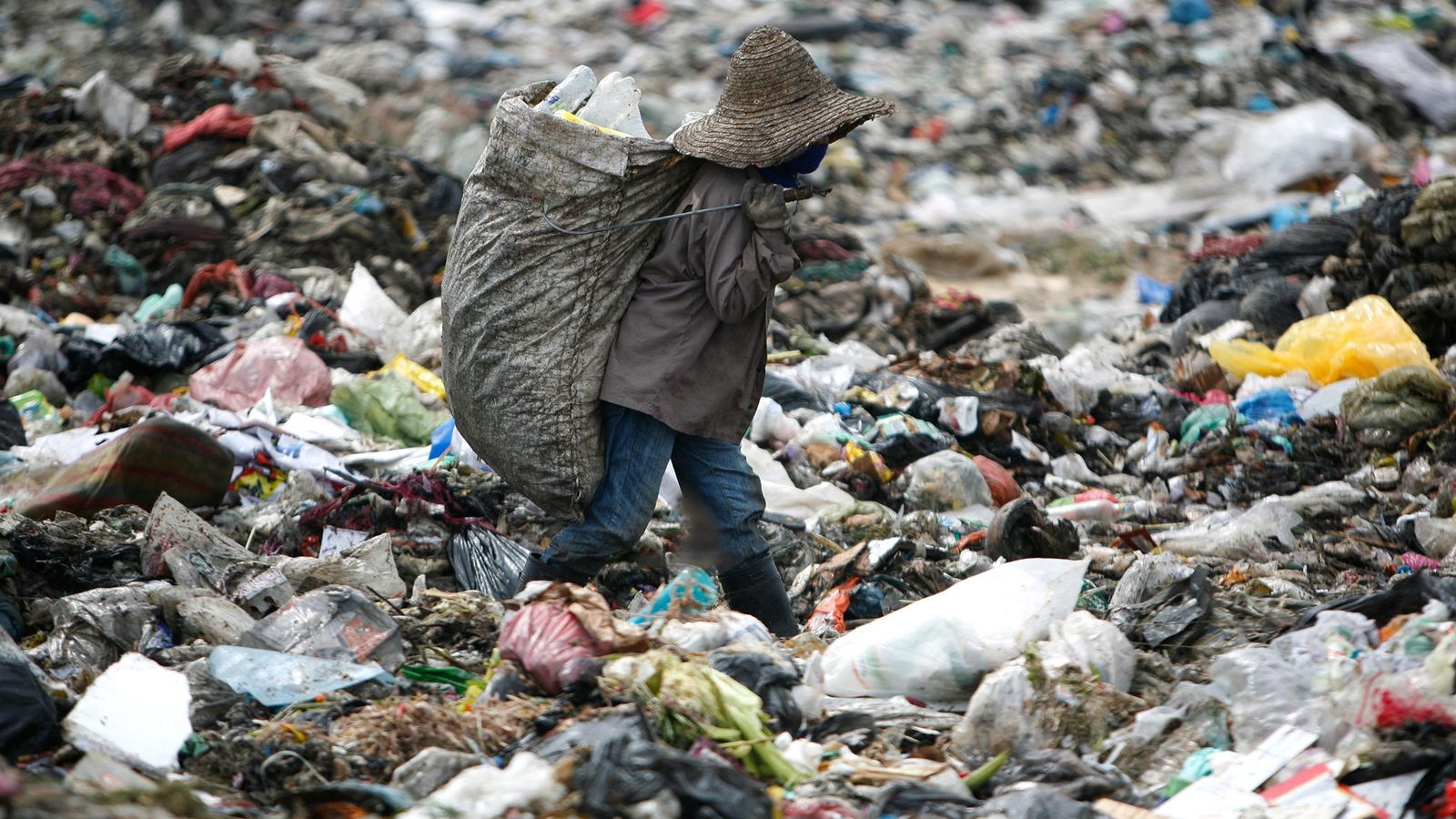How antimicrobial resistance could trigger the next health crisis in Nepal

The Research Institute for Bioscience and Biotechnology (RIBB) in Balkumkari, Nepal, has been gathering fruit samples from the major Kathmandu fruit markets for three years. What they found is causing concern.
“We have found at least two types of bacteria which can overcome any of the antibiotics currently used in Nepal,” warns Mitesh Shrestha, a researcher at the institute. “These bacteria with AMR have high chances of being transmitted through fruits and vegetables.
“Use of antibiotics in the fields and preservatives [in food] have provided ground for the rise of such resistant bacteria. Antibiotics meant for humans should not be used in animals and plants but, for example, Streptomycin, an antibiotic made for human beings, is used in plants like tomatoes. Such bacteria can enter our body when we consume such food items,” he explains.
“People do not know that rampant use of antibiotics can reduce their effect on the pathogens they have been designed to fight. The next epidemic may arise because of AMR. A large number of people may die due to the inefficacy of medicines.”
Shrestha believes that growing AMR among pathogens has a multi-faceted impact. Inefficacy of existing medicines with the rise of resistant pathogens can increase the cost of treatment of diseases, while creating demand for stronger and more toxic antibiotics, creating a feedback loop of increasing AMR. Shrestha fears that the next epidemic in Nepal may be fuelled by antimicrobial resistance.
“People do not know that rampant use of antibiotics can reduce their effect on the pathogens they have been designed to fight. The next epidemic may arise because of AMR. A large number of people may die due to the inefficacy of medicines,” he says.
Dr Dibesh Karmacharya, senior scientist and executive director at the Centre for Molecular Dynamics, Nepal, believes that AMR will worsen public health in Nepal and other South Asian countries in the next five to ten years.
Cocmplete article : Gavi.org



















Facebook Comments